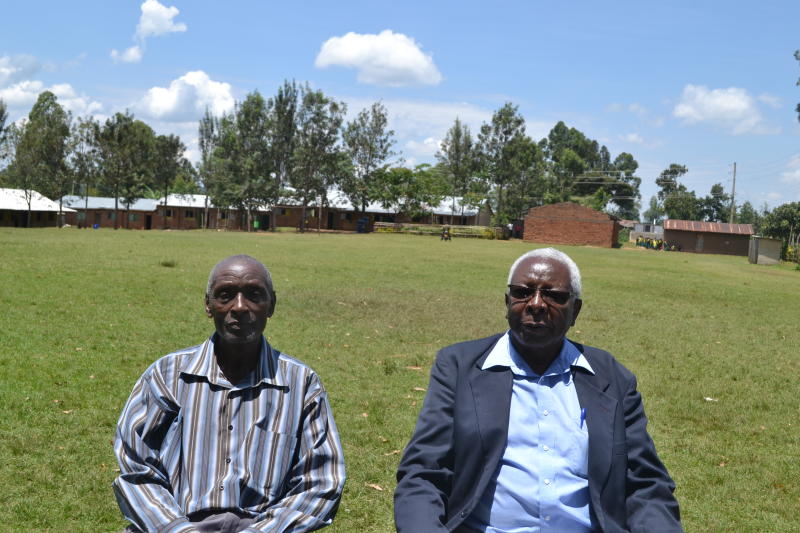×
The Standard e-Paper
Stay Informed, Even Offline

Bendeda Mayodi, 77, was first evicted from the land she called home in Mbale village, Vihiga, in 1984.
Back then, the Government said it needed land to build public facilities. Today, some of the buildings serve as the Vihiga County headquarters.